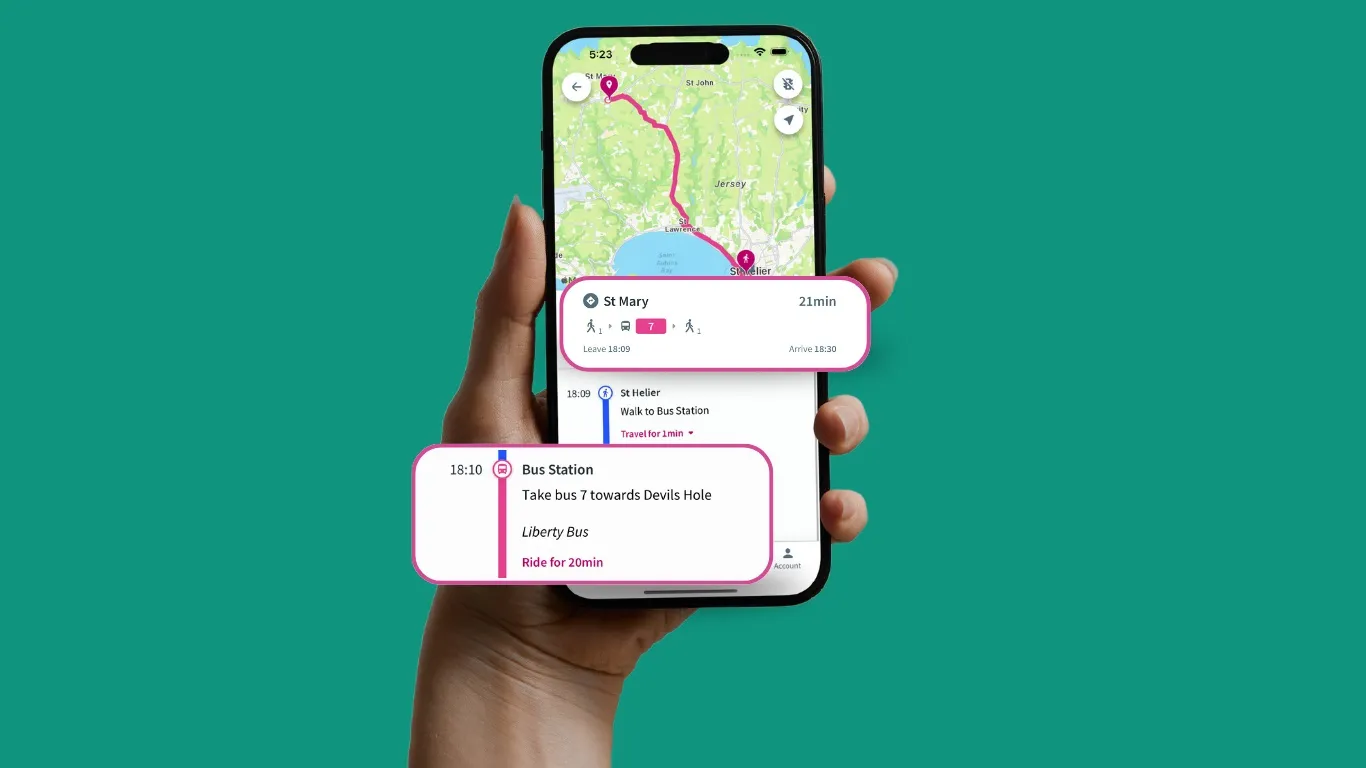Inrix has completed the acquisition of OpenCar, a US-based automotive software and services provider, in a purchase which enables Inrix to extend its cloud platform into the dashboard with a broad portfolio of third-party content and applications in a customisable automaker-controlled user experience.
OpenCar, backed for the last five years by a strategic partnership with Mazda Motor Corporation, offers a white label, standards-based application development environment and framework, fully controlled by
March 10, 2016
Read time: 2 mins
OpenCar, backed for the last five years by a strategic partnership with Mazda Motor Corporation, offers a white label, standards-based application development environment and framework, fully controlled by the automaker and enables brand-, model- and region-specific touch and voice interfaces across the entire infotainment service.
This capability allows OEMs to enhance their brand and satisfy consumer demand through a variety of in-car information, media and location-based applications. While OpenCar is designed to understand the data generated by advanced vehicle systems, control of how it is used, shared and stored remains in the hands of the automaker.
“Today, over half of the connected vehicles in the world use INRIX services. By 2020, more than a quarter billion connected cars will be on the road,” said Bryan Mistele, president and CEO of INRIX. “With the OpenCar acquisition, INRIX is in the driver’s seat to provide those connected services and expand into the digital dashboard with unique, easy-to-use applications designed especially for next-gen automotive experiences.”
“We’re excited to see additional competition in this important connected car segment,” said Marcus Keith, head of Audi connect and HMI development at Audi. “The combination of Inrix and OpenCar should be very compelling for bringing new applications.”
“OpenCar enables automakers to create an end-to-end ecosystem for in-car applications that make it easier, safer and more enjoyable to be behind the wheel,” said Jeff Payne, CEO of OpenCar. “Inrix gives us the opportunity to grow the footprint of our app platform much faster, both geographically and with more OEMs.”









